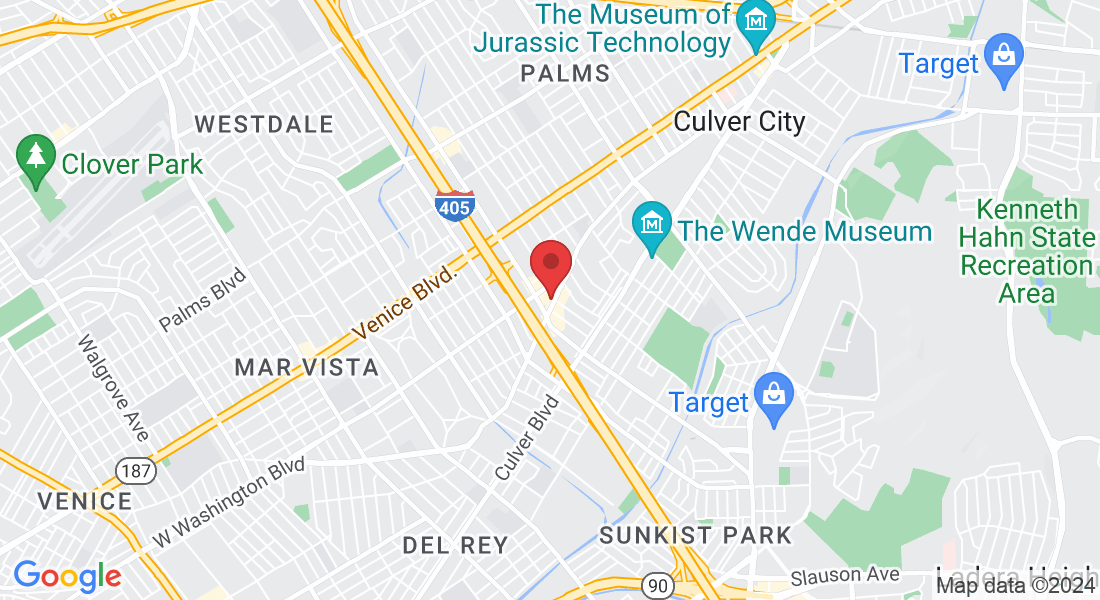Mon-Fri 8:00AM - 5:00PM , Sat 8:00AM-2:00PM
BRAKE SERVICE
BRAKE SERVICE. REPAIR. INSPECTION. MAINTENANCE. FLUID EXCHANGE.

At the Automed Car Care, our ASE-certified mechanics have knowledge and experience repairing brake systems on all make and models. If you suspect any issue with your brakes, bring your car to our specialists for quick and friendly service. Our Culver City brake repair shop uses the latest computer diagnostic equipment to precisely diagnose and repair your vehicle. We will execute a full inspection of the brake system to pinpoint the problem and provide you with an estimate of the required work.
Call our car care advisor at (424) 372-9120 and schedule an appointment for the most trusted brake repair West Los Angeles offers
OUR SERVICES
Schedule Your Appointment Today
#1 AUTO BRAKE SPECIALISTS IN WEST LOS ANGELES
Come to Automed Car Care for complimentary brake inspections in Culver City, at a time that works for your busy schedule. Our brake mechanics will inspect drum, rotor, and pad wear and check your parking brake and brake fluid’s health. We’ll then discuss any services with you, including brake fluid change, brake pad replacement, replacement of brake lines, or rotor and drum resurfacing. Whether you need new calipers or rotors, you’ll find that we’re the best choice for brake Service in West Los ANgeles.
POPULAR BRAKE SERVICES
We are your affordable dealer alternative that delivers a full range of brake repair services to car owners in West Los Angeles area. Our service can handle from brake inspection to any brake-related issues on American and Asian vehicles.
Schedule Your Appointment Today
We use Top-Quality Brake Pads and Fluids
Brake Pad Replacement
Brake Rotors/Discs Replacement
Brake Shoe Replacement
Brake Caliper and Line Replacement
Brake Drum and Hose Replacement
Brake Master Cylinder Replacement
Brake Vacuum Pump Replacement
Brake Wheel Cylinder Replacement
ABS Speed Sensor Replacement
Anti-Lock Control Relay Replacement
Emergency/Parking Brake Cable and Shoe Replacement
Parking Brake Release Cable Replacement
Brake Flush Service.
WHY CHOOSE OUR CULVER CITY BRAKE SERVICE CENTER?
Automed Car Care is a family-owned and operated business that has established itself as a well-trusted brake repair shop. Whether you need factory recommended maintenance or brake service, we have you covered.
CALL (424) 372-9120 FOR BEST BRAKE REPAIR IN CULVER CITY, CA
Remember, being able to stop your car is just as important as making it go. We are a professional West Los Angeles brake repair shop for a reason. Get in touch with us today, and break away from your brake issues. Call (424) 372-9210, visit or click the button below to contact us online.
Free brake inspection and quote
Same day service on brake maintenance & brake repair
30+ years of experience in the car repair industry
24 Month/24000 miles warranty on parts and service
Family-owned business
Fully equipped auto shop
ASE-certified mechanics;
Fantastic reputation, check our Yelp reviews
Complete customer satisfaction
Fair prices, professionalism, and availability
We get the job done – the first time.
CALL (424) 372-9120 FOR BEST BRAKE REPAIR IN CULVER CITY, CA
Remember, being able to stop your car is just as important as making it go. We are a professional West Los Angeles brake repair shop for a reason. Get in touch with us today, and break away from your brake issues. Call (424) 372-9210, visit or click the button below to contact us online.
BRAKE SERVICE FAQS
We now have an FAQ list that we hope will help you answer
some of the more common ones.
Do I have to change brake fluid?
You don’t need to change your brake fluid but consider this. When the brake fluid indicates high copper content levels, the additives in the fluid are breaking down. It increases acid levels and produces erosion of parts and possible damage to Anti-Lock Brake System parts.
How often should I change brake fluid?
The answer is as often as your owner’s manual suggests. Some brands recommend new brake fluid as often as every two years. You also have to change your brake fluid if it contains too much copper. This chemical element measured in parts per million, and the industry limit is 200 ppm. Any more than this number and the fluid no longer satisfies design specifications and should be replaced.
How long do brake rotors and pads last?
All brake pads and rotors wear down. The rate at which this manifests depends on your driving style. Vehicles that drive in town with plenty of stop-and-gos will deplete brake friction material much quicker than cars that drive primarily on freeways. Vehicle loads are the other factor. The heavier your vehicle is, the more braking power it needs to stop.
What produces brakes noise?
Brake squeals are induced by the spring clips losing tension, brake pads vibrating, or improper brake pad fit on the caliper. If you hear grinding noise when you stop, you’re probably hearing your brake pad’s metal backing touching the rotor since the brake pad material has entirely worn away.
Why my brake pedal feels spongy?
If you need to press the brake pedal harder or farther than usual to stop, there could be a mechanical or hydraulically brake issue. Bring your vehicle in for a check as soon as possible.




